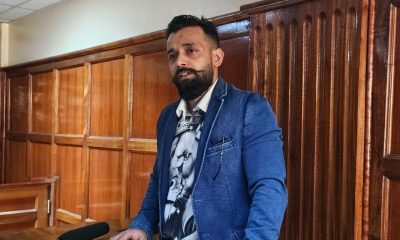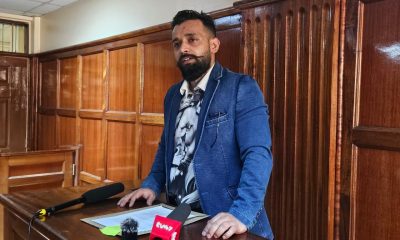News
Courtroom Drama: Prosecution Witness, Deepak Rajoriya, Crumbles as Tax Evasion Questions Surface
Court records show he entered the country on December 25, 2024, on a tourist visa.
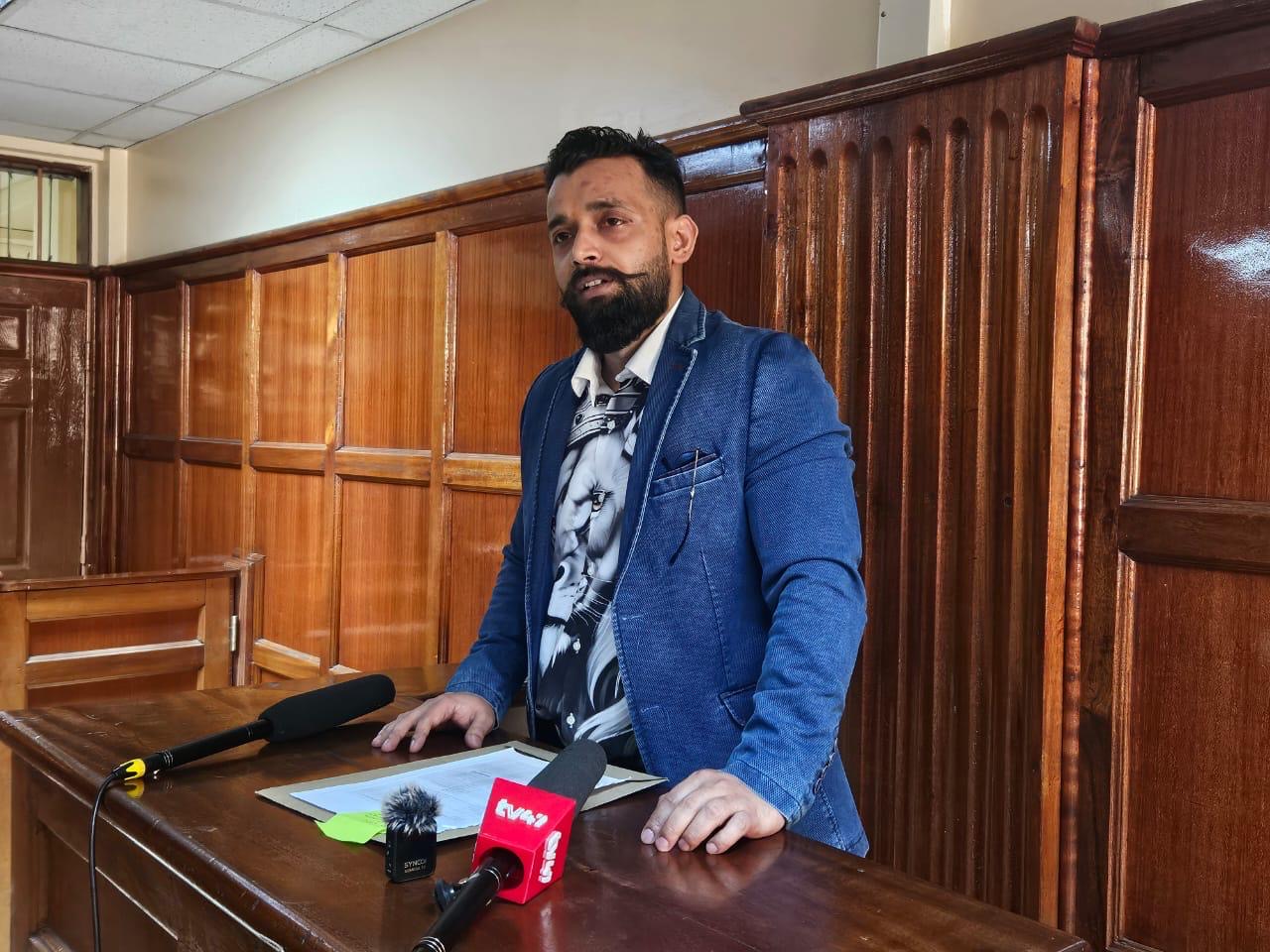
Prosecution Witness Faces Intense Cross-Examination in Oki General Trading Trial
The ongoing trial involving Oki General Trading (Kenya) took a dramatic turn this week when the prosecution’s lead witness, Deepak Rajoriya, faced rigorous cross-examination that exposed significant inconsistencies in his testimony and raised questions about the company’s tax compliance history.
Rajoriya, who previously worked in the finance and accounts department of the parent company overseas, testified that he was sent to Kenya to investigate suspected financial irregularities.
Court records show he entered the country on December 25, 2024, on a tourist visa.
Within two weeks, on January 16, 2025, he had been appointed as a director of Oki General Trading.
Shortly after his appointment, he commissioned a forensic audit that now forms the foundation of the prosecution’s claims regarding a KES 356 million misappropriation.
However, during cross-examination, several concerning discrepancies emerged.
Clean Audit History Questioned
Defense counsel highlighted that the company has undergone annual independent audits for years, which served as the basis for its tax remittances to authorities.
None of these reports flagged any discrepancies or irregularities.
When pressed to explain how such a substantial sum could allegedly go missing without detection in previous audits, Rajoriya appeared unable to provide a satisfactory response.
Lack of Independent Evidence
Under questioning, Rajoriya acknowledged that he conducted no internal investigation of his own and produced no company records to substantiate his allegations.
His testimony relied entirely on reports from an auditor he personally appointed within weeks of arriving in Kenya. This has raised questions about the independence and reliability of the audit findings.
The KRA Connection
Perhaps the most significant revelation during proceedings was the disclosure that Oki General Trading currently faces a Kenya Revenue Authority (KRA) penalty of KES 356 million—precisely the same amount the company alleges was misappropriated by a former director.
This coincidence has prompted speculation about whether the company may be attempting to attribute its outstanding tax obligations to alleged misconduct by an ex-director, potentially reframing a tax liability as theft.
Growing Scrutiny
The proceedings have drawn attention to several unusual circumstances: a witness who arrived as a tourist, was appointed as a director within two weeks, commissioned an audit almost immediately thereafter, and struggled to reconcile years of clean financial audits with sudden allegations of significant financial misconduct.
These developments have raised questions about the strength of the prosecution’s case and whether the allegations stem from genuine concerns about misappropriation or represent an attempt to dodge massive tax bill through alternative means.
The trial continues, with further testimony expected in the coming weeks.
Kenya Insights allows guest blogging, if you want to be published on Kenya’s most authoritative and accurate blog, have an expose, news TIPS, story angles, human interest stories, drop us an email on [email protected] or via Telegram
-

 Business1 week ago
Business1 week agoEastleigh Businessman Accused of Sh296 Million Theft, Money Laundering Scandal
-
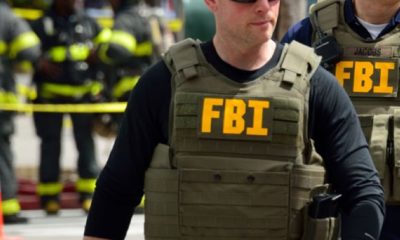
 Investigations1 week ago
Investigations1 week agoInside Nairobi Firm Used To Launder Millions From Minnesota Sh39 Billion Fraud
-

 Business1 week ago
Business1 week agoMost Safaricom Customers Feel They’re Being Conned By Their Billing System
-

 Business1 week ago
Business1 week agoEXPLOSIVE: BBS Mall Owner Wants Gachagua Reprimanded After Linking Him To Money Laundering, Minnesota Fraud
-
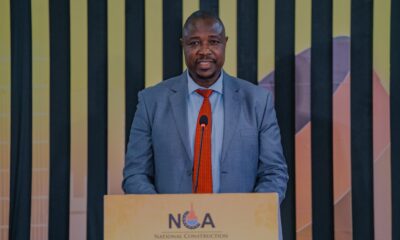
 News1 week ago
News1 week agoUnfit for Office: The Damning Case Against NCA Boss Maurice Akech as Bodies Pile Up
-
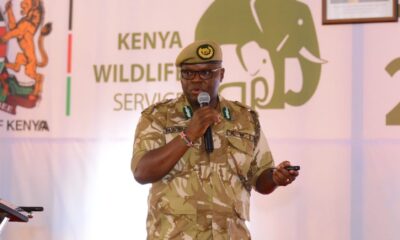
 News1 week ago
News1 week agoTax Payers Could Lose Millions in KWS Sh710 Insurance Tender Scam As Rot in The Agency Gets Exposed Further
-

 News1 week ago
News1 week agoPastor James Irungu Collapses After 79 Hours Into 80-Hour Tree-Hugging Challenge, Rushed to Hospital
-

 News1 week ago
News1 week agoDeath Traps: Nairobi Sitting on a Time Bomb as 85 Per Cent of Buildings Risk Collapse

